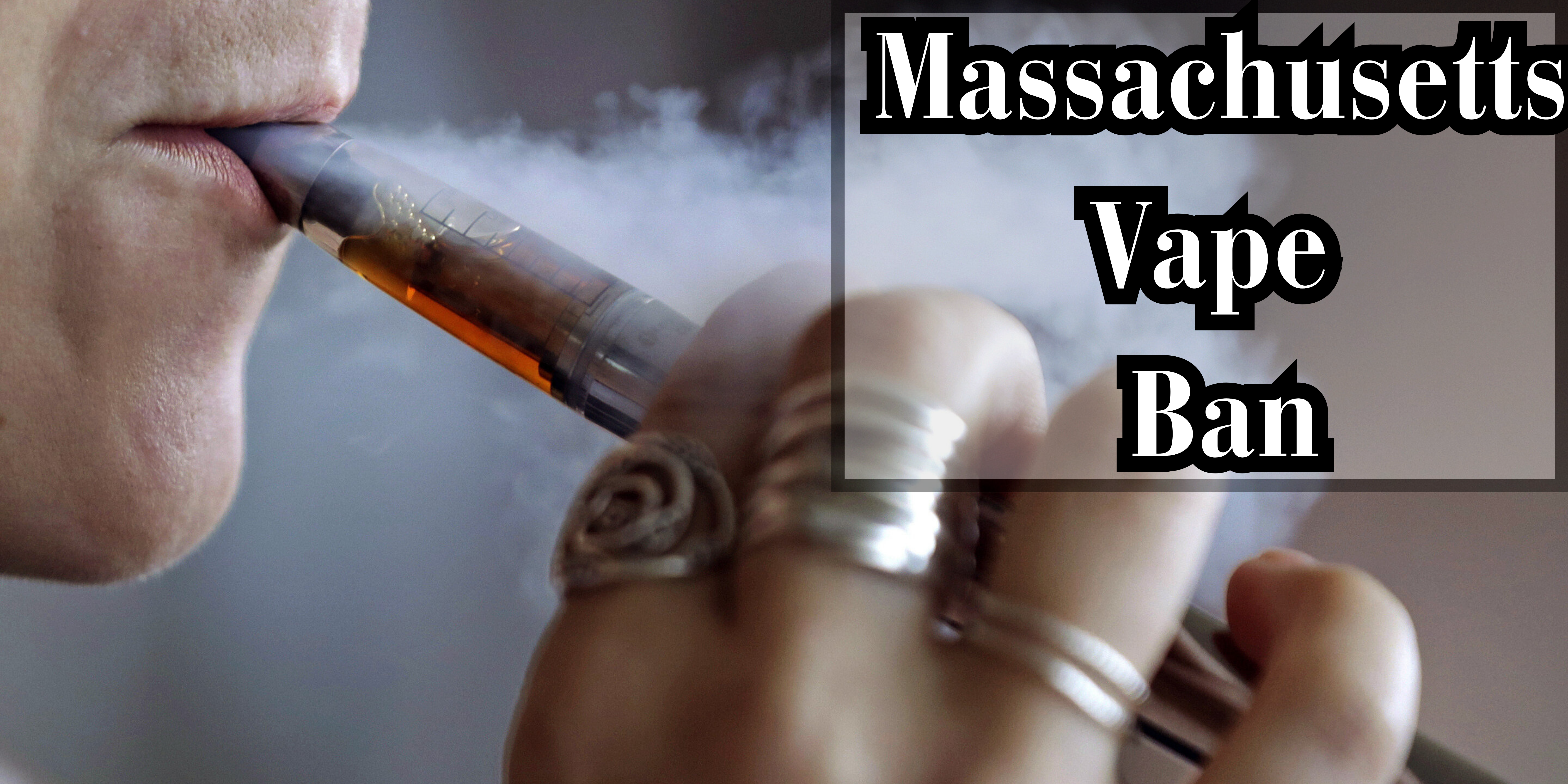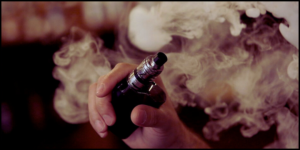
On Sept. 24th, Governor Charlie Baker declared a public health emergency due to an outbreak of severe lung injuries from vaping. As part of this act, he also implemented a 75% excise tax on electronic nicotine delivery systems (ENDS). The ban has left small business owners deeply dismayed. Danielle Hernandez spoke to them to learn why. It is from where the Massachusetts Vape Ban started.
Massachusetts Flavored Vaping A Bold Health Initiative
Governor and public health officials of an Australian state have issued a four-month ban on sales of all flavored vaping products and devices due to an emergency resulting in at least 70 lung injuries and 9 deaths due to electronic cigarettes’ popularity among young people and their unknown risks. It represents one of the strongest state responses yet to concerns over potential health hazards associated with vaping devices.
Flavored products are especially appealing to children, and more likely than other vaping products to trigger illnesses linked with vaping due to volatile organic compounds in vapor. New York and Michigan recently implemented similar regulations and have since placed sales bans. According to Michigan Governor Rick Snyder’s office, this will allow his state to gain better insight into this illness as well as take additional measures against it.
Critics counter that Massachusetts’ move is too broad, pushing people into purchasing dangerous products from outside Massachusetts on the black market or through illicit channels like online sales sites such as Silk Road. They claim Massachusetts will take a hit as retailers, convenience stores, and gas stations lose business due to this ban; one group representing such stores, the New England Convenience Store and Energy Marketers Association has been lobbying hard against it.
This ban will apply to retail and online sales of both tobacco-flavored vape liquids as well as those containing more than 5 percent THC, the psychoactive component found in cannabis, as well as their components like tanks and chargers.
Retailers will need to keep all flavored liquids and devices out of view and off display, and all employees selling them must be aged 21 or over. If violations arise, law enforcement can notify the MDHHS Tobacco Section with two staff members available to investigate complaints about violations.
MA Vape Ban: Revenue Loss & Black Market Concerns
Since Massachusetts passed its groundbreaking ban on flavored vaping products in 2019, state tobacco inspectors have discovered an upsurge in illegal importation of nicotine and marijuana vaping devices into Massachusetts. Under state law, health officials can prohibit sales of devices they deem harmful to public health; stores must post signs highlighting vaping risks; vapes must also remain behind the counter.
After the ban was instituted in New England, sales of cigarettes and vaping products fell substantially; however, the state lost a substantial sum in tax revenue as well. Massachusetts saw its sales tax collection from nicotine and vaping products decline by more than $100 million between FY 2021 and 2023 due to illegal importation from neighboring states; customers purchased vaping products online or from illegal vendors instead.
State estimates indicate that illegal vapor product importation has resulted in tobacco sales dropping by over $2 billion during just three months – an impactful reduction that threatens state coffers if this downward trend continues throughout the remainder of fiscal year 2019.
However, the ban is not without its critics. While some anti-smoking advocates claim it has reduced teen vaping rates, opponents contend it has simply driven more people online or black market sales of devices containing dangerous counterfeit products and is pushing users toward more expensive combustible cigarettes.
Baker has stated his intent to collaborate with medical experts and state officials to better understand the root causes of vaping-related lung illnesses caused by vaping, to take additional measures against this crisis which has claimed over 530 lives nationally. But he cautioned against banning specific types of e-cigarettes and devices, warning such restrictions may push users into illegal markets where harmful products could lurk.
Effects of MA Vaping Ban on Businesses & Consumers
Governor Baker’s new law will have several impacts on your business. First, it prohibits the sale of flavored nicotine vaping products (e-cigarettes, mods, and juice). Furthermore, retail sales must only take place with adults aged 21+. It means a large chunk of sales could be lost in terms of revenue. This could have significant ramifications on your operations.
The ban will have a secondary impact on your business by mandating registration. It holds a state license to sell tobacco/vaping products. This requirement will significantly limit how many stores can open in Massachusetts as well as limit how many employees can work at each store, ultimately having an effect on retail sales, retail employment, and the state economy as a whole.
Finally, under this new law, you are required to report any unexplained cases of lung illness. Which should be related to vaping to your state health department immediately. This requirement will have a hugely beneficial impact on both cases and the funds spent investigating them.
Many small businesses in the vaping industry face imminent demise from this ban. It includes Jonathan Lau, owner of two vape stores in Brighton. “This ban will likely force me to close both stores,” says Jonathan Lau. “It’s an economic loss.”
Although the Centers for Disease Control (CDC) has linked some unexplained lung injury cases with vaping. It remains unknown exactly how many are related. They advise anyone experiencing unexplained lung problems to cease using such products immediately and seek medical advice immediately.
As soon as the temporary emergency ban has passed, unflavored nicotine vaping products will once again become available. However, JUUL pods and other cannabis vaping products remain quarantined. By the Cannabis Control Commission without an indication of when sales may resume.
Massachusetts Vaping Ban Sets Precedent with Flavor
Massachusetts has become the first state with permanent restrictions for buying flavored tobacco. And vaping products including popular menthol cigarettes as well as JUUL pods. A 75% excise tax will also be imposed upon such items. While health insurers must cover tobacco cessation counselling as part of this new legislation.
As of Tuesday, 61 confirmed and probable cases of vaping-related lung illnesses. It had been reported to the state Department of Public Health. More than double what had been reported just one week earlier including three deaths. Officials have linked these cases with vaping products purchased from state-licensed retailers.
Governor Baker declared a state of emergency banning all flavored nicotine vaping products. From retail stores and online sales until January 25. The ban gives state public health officials the authority to stop sales they believe could contribute to lung illness.
Massachusetts Governor Charlie Baker made headlines this month by taking strong state action to reduce youth e-cigarette use. As he announced the ban, Baker alluded to an epidemic of lung disease among young people living in Massachusetts. Baker also indicated the state would dedicate resources towards programs designed to encourage quitting. As well as expand the capacity of its Smokers’ Helpline service.
Meanwhile, small-business owners who depend on sales of flavored vaping products are facing substantial losses due to the ban. Jonathan Lau, owner of two vape shops in Brighton. Who estimates he’s lost over $100,000 since its implementation, estimates his business may soon close due to it.


